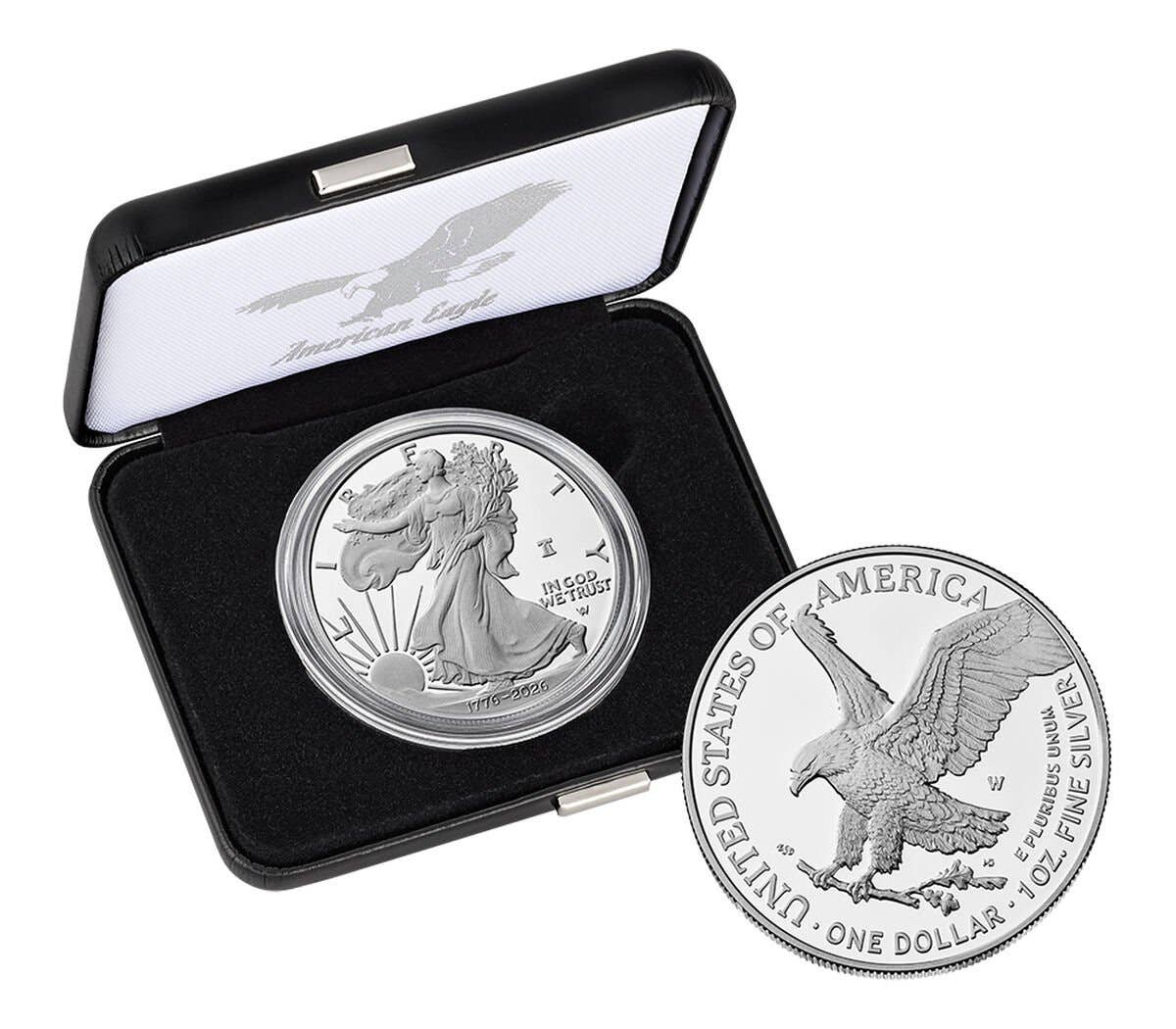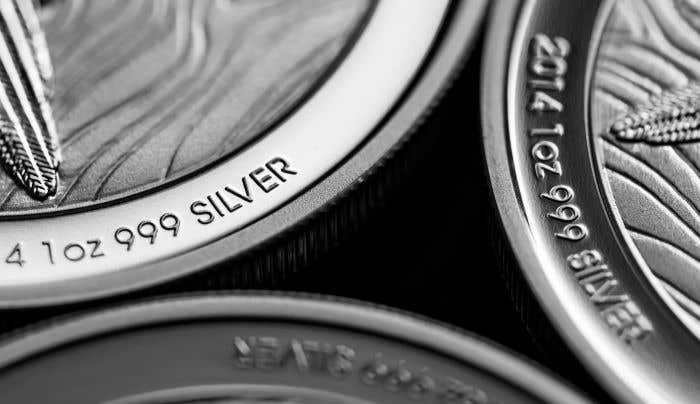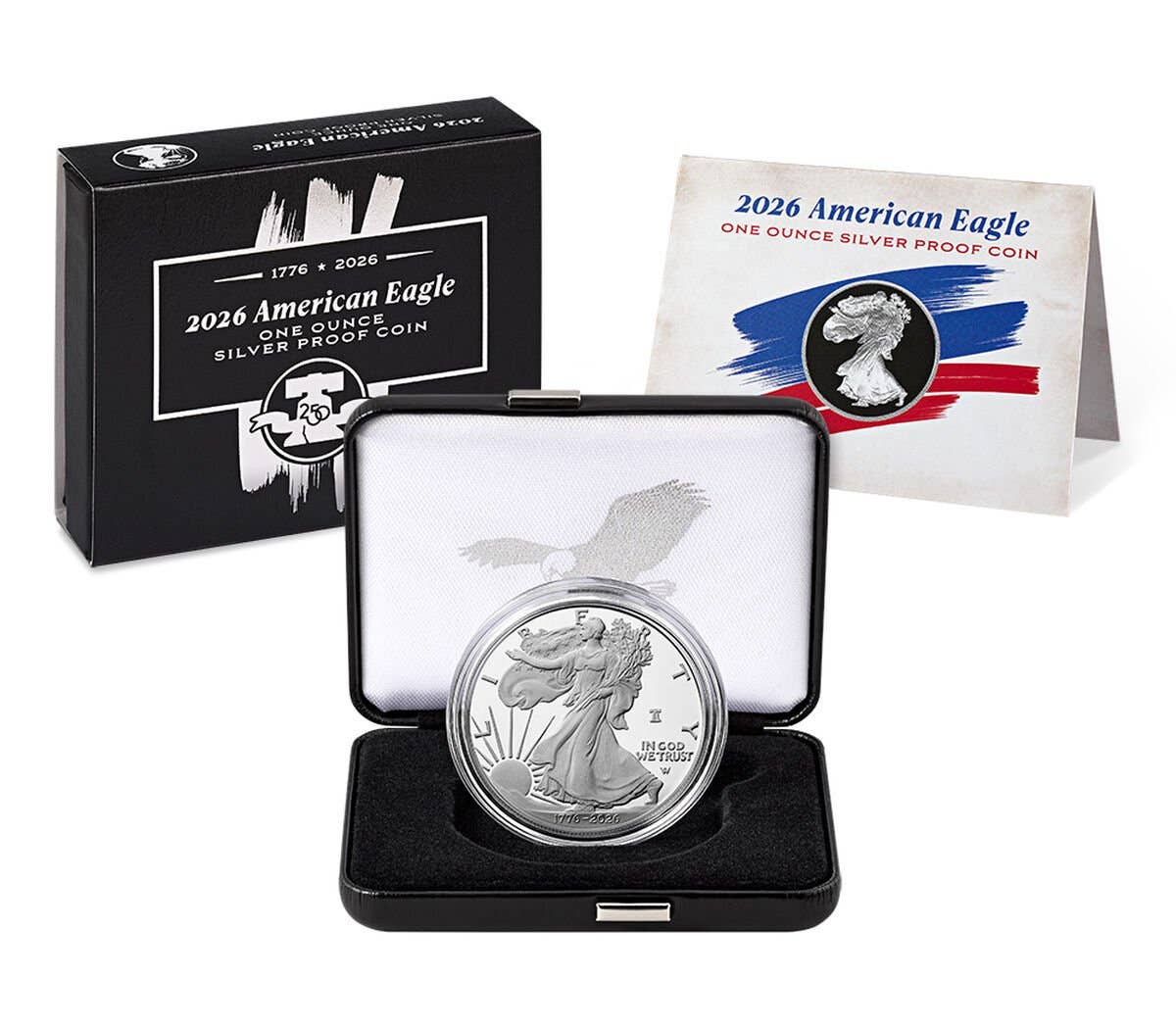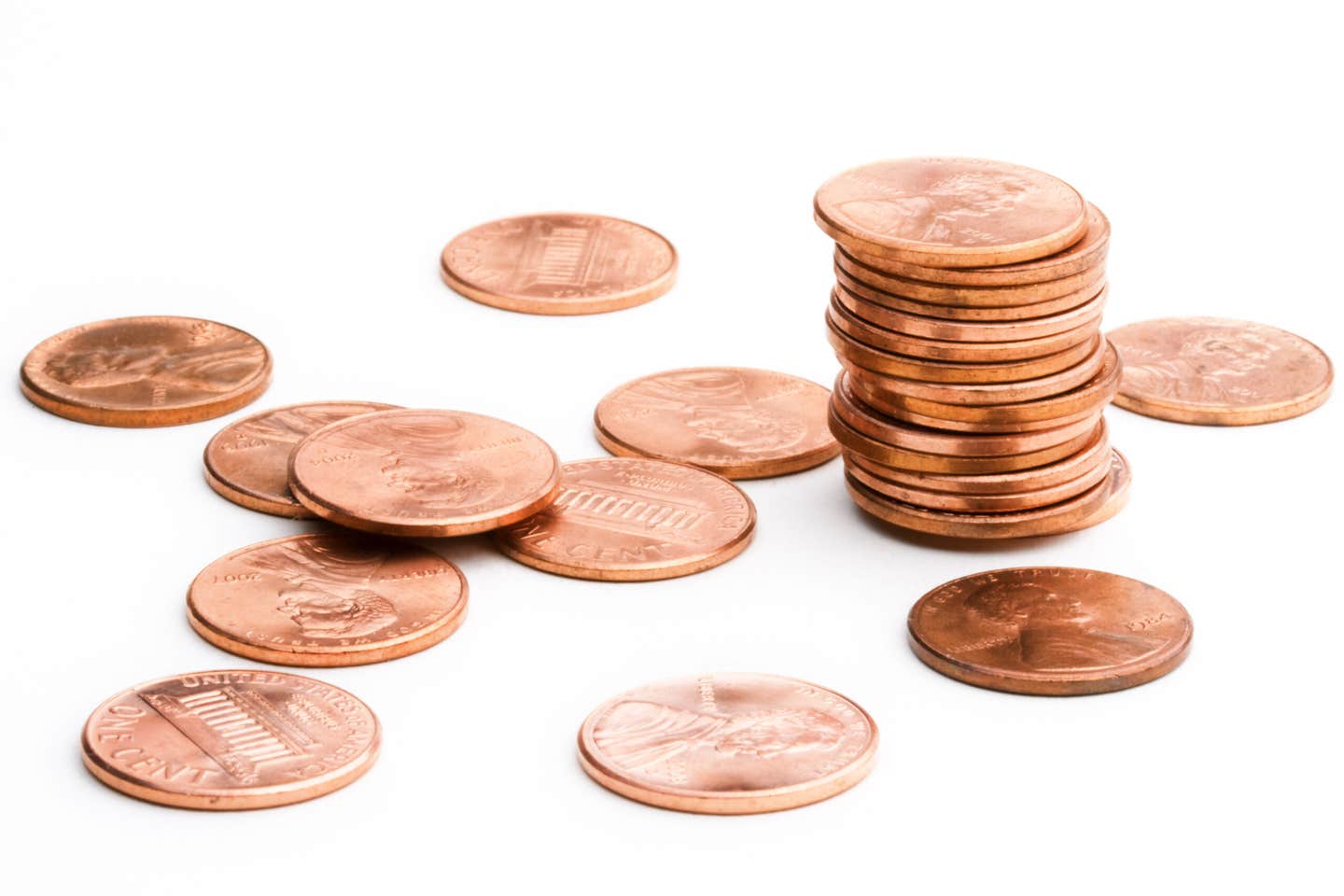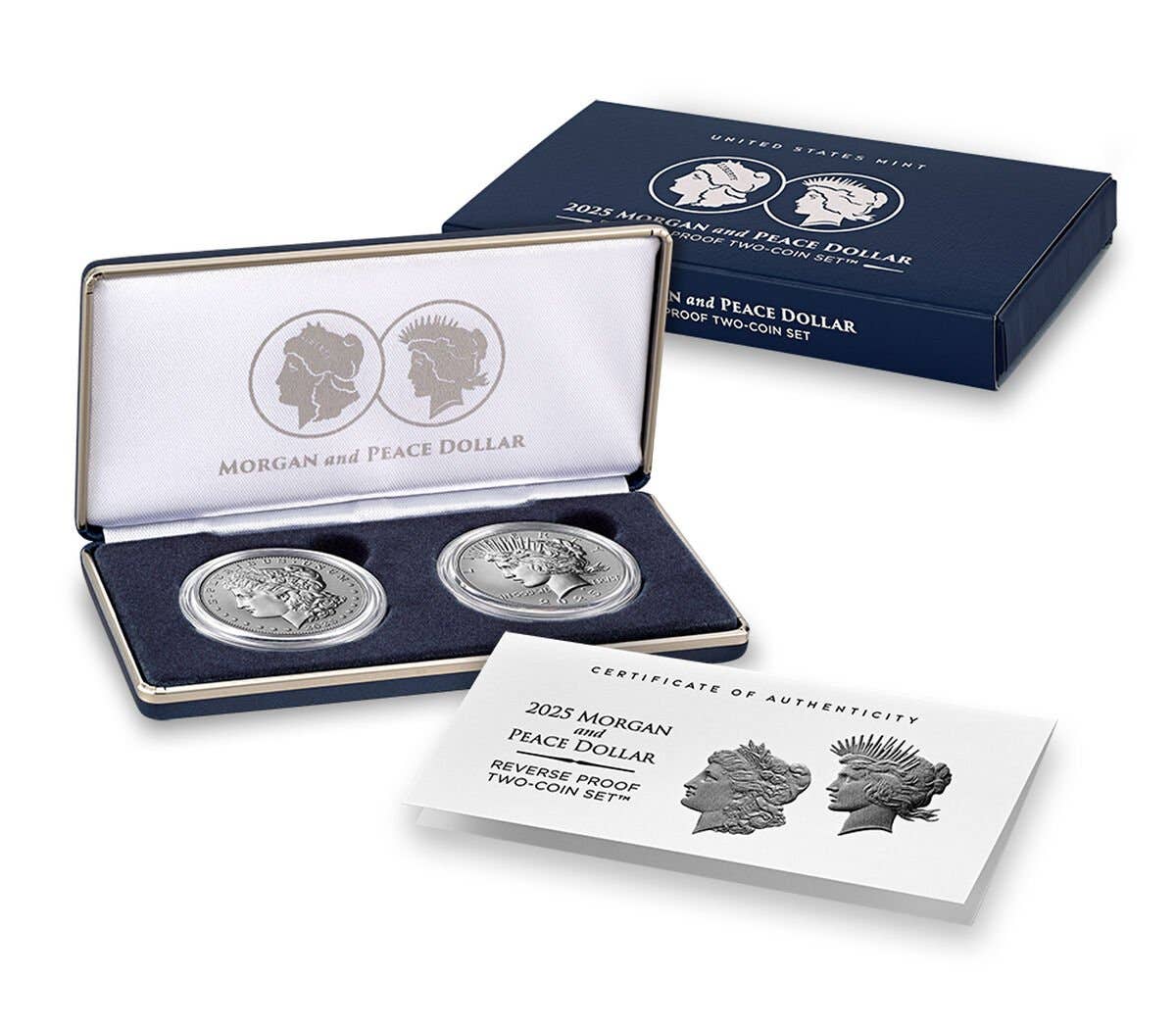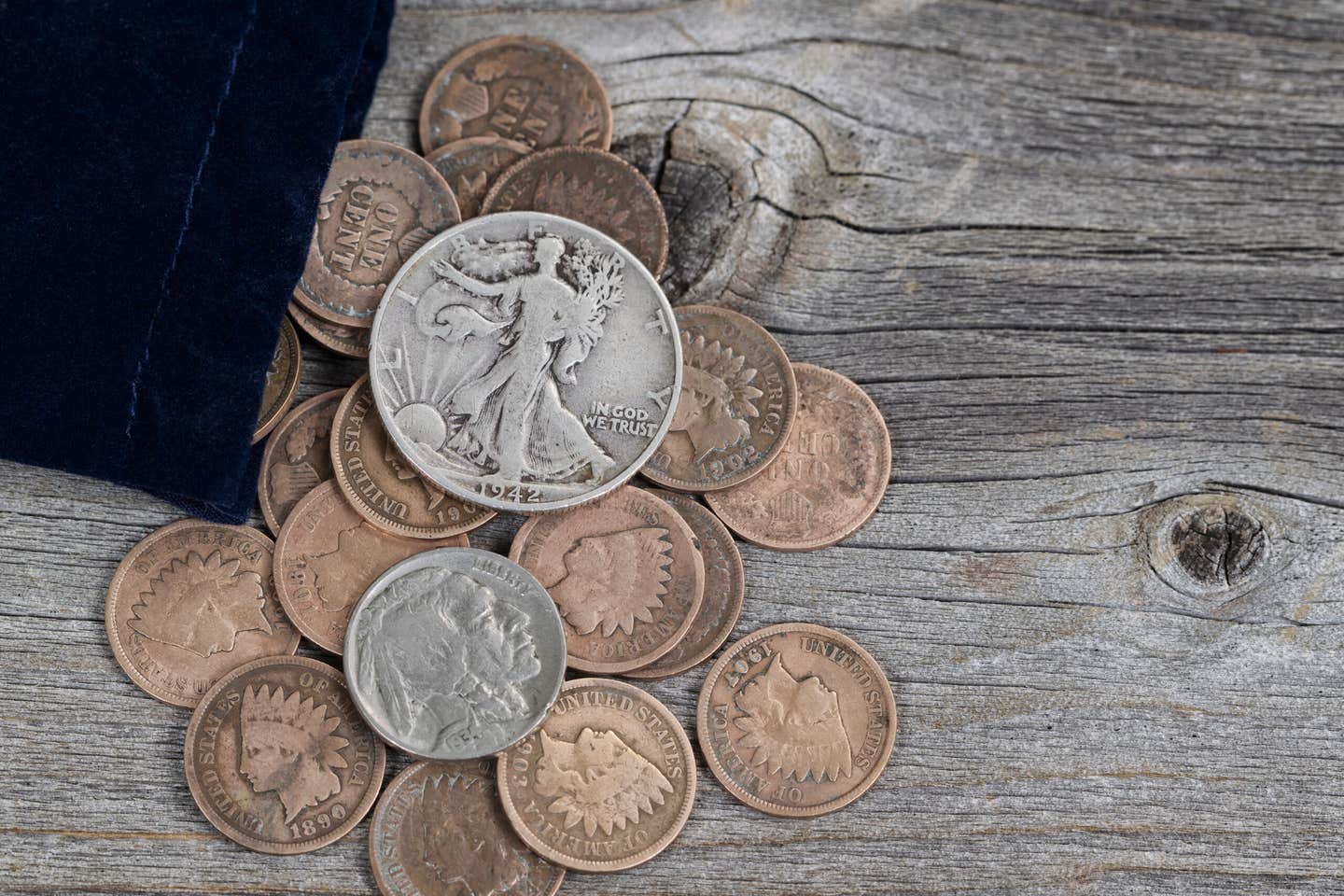Knowledge That Builds Numismatic Success
Collectors armed with the right knowledge can avoid pitfalls, spot opportunities, and thrive in the numismatic hobby.
Different types of knowledge can contribute to maximizing the value of your numismatic holdings. Here are some examples.
Knowing how to detect counterfeit or altered coins and currency. The more knowledge you have about the weight, physical dimensions, strike characteristics of coins, and the features of genuine notes, the easier it will be to avoid spending your limited funds on spurious pieces. Third-party grading services are helpful in identifying fake or altered pieces, but collectors still need to have knowledge to avoid counterfeit slabs.
Ability to identify coins and currency that have been cleaned, treated, repaired, or otherwise damaged. Genuine issues lose value if they have been improperly cleaned or otherwise modified to give them, at a quick glance, the appearance of a coin or note of higher grade and value. Currency can be ironed to flatten the paper, but a close examination should still show where it has been folded. Knowledge about the flow lines of high-grade coins helps ascertain whether a piece’s surfaces are original or treated.
Possessing specialized knowledge that only a few people know. A prime example of this was a customer of my store long ago, of German heritage, who was fluent in that language. He owned and pretty much memorized the reference catalogs (all printed in German, of course) that helped him go through foreign currency junk boxes to pull out the occasional rare issue that he could purchase at a common-issue price (which he acknowledged to me he was doing). With coins, those knowledgeable about the rarer die pair varieties of early U.S. coinage have the same opportunity.
The above categories of knowledge can be learned from reference catalogs and by examining a large quantity of coins and currency. But these aren’t the only types of knowledge that can give you an advantage.
Understanding how you treat people can hurt or help. Knowledge of people skills can influence how others respond to you and sometimes give you opportunities not available to others. If you are friendly and polite and avoid taking up too much of another collector or dealer’s time, you could end up being able to obtain a better price than a tiresome collector. In addition, dealers often contact their favorite customers first when they get an interesting coin or currency specimen.
In contrast, at one major coin show long ago, I witnessed a would-be customer, who had perused an entire case of U.S. Treasury-packaged Carson City Morgan Dollars over the course of an hour, pull out only one specimen to ask for a price. The dealer pointed out that this would-be customer was obviously only looking to pick off a more valuable variety at a common-variety price and refused to sell the coin.
Obviously, the more types of knowledge you possess, the greater the likelihood that you will enjoy numismatic success.
Last column’s numismatic trivia question.
Last time, I asked—What was the highest numeric denomination ever used on a national government currency? Toward the end of its hyperinflation, on July 11, 1946, the Republic of Hungary issued a 100 million billion pengo note, effectively 100 quintillion pengo (100,000,000,000,000,000,000). When introduced, it was worth about 20 cents U.S. The pengo currency collapsed on July 31, 1946, making these notes worthless. A one-sextillion pengo note was printed but never issued for circulation.
This week’s trivia question
Here is this week’s question. Why did the world price of silver fall from 1873 to 1879? Come back next week for the answer.
Patrick A. Heller was honored as a 2019 FUN Numismatic Ambassador. He also received the American Numismatic Association 2018 Glenn Smedley Memorial Service Award, the 2017 Exemplary Service Award, the 2012 Harry Forman National Dealer of the Year Award, and the 2008 Presidential Award. Over the years, he has also been honored by the Numismatic Literary Guild, Professional Numismatists Guild, National Coin & Bullion Association, and the Michigan State Numismatic Society. He is the communications officer of Liberty Coin Service in Lansing, Michigan, and writes “Liberty’s Outlook,” a monthly newsletter on rare coins and precious metals subjects. Past newsletter issues can be viewed at www.libertycoinservice.com. Some of his radio commentaries, "Things You ‘Know’ That Just Aren’t So,” and “Important News You Need To Know,” can be heard at 8:45 a.m. Wednesday and Friday mornings on 1320-AM WILS in Lansing (which streams live and becomes part of the audio archives posted at www.1320wils.com).




